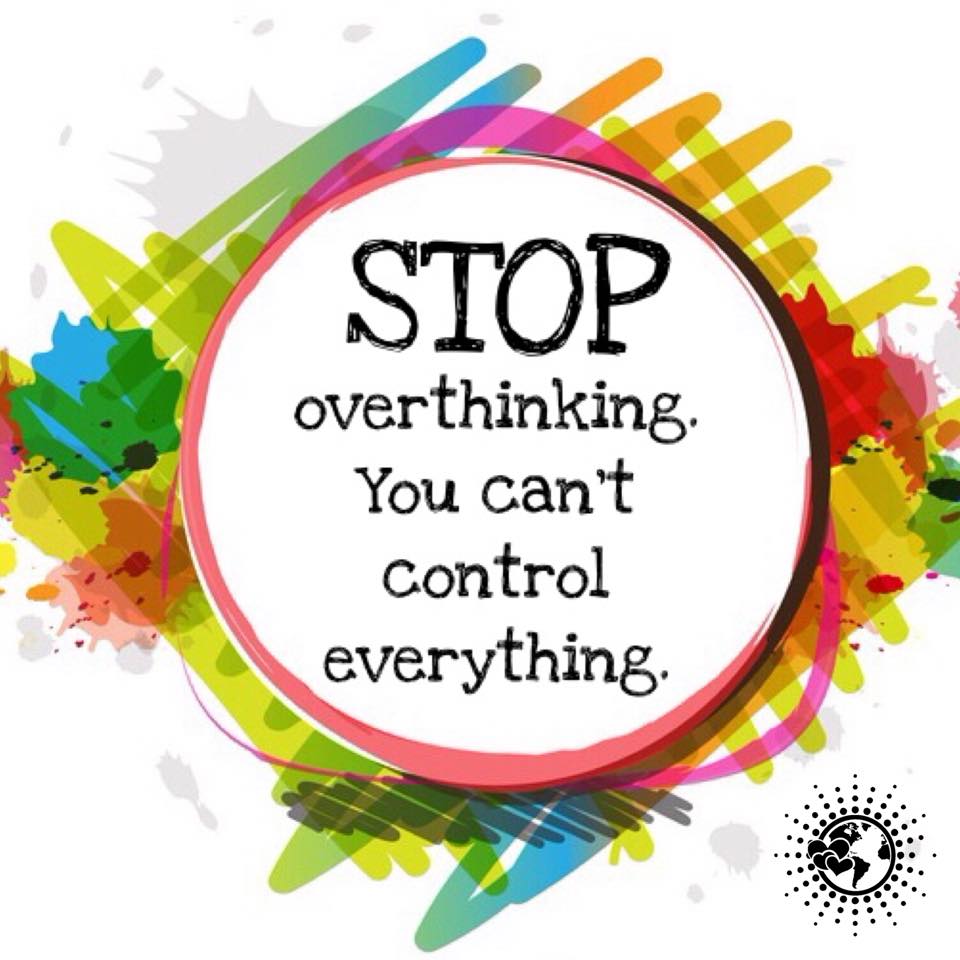Most people tend to care what other people think about the things they do, how they look and the choices they make. There is nothing wrong with wishing to project a good, positive persona to the world. However, when we focus on what other people think about us, we diminish a bit of our authenticity and truth. We worry about the opinions of others, but we are the only ones that should define what is acceptable for us. It’s time to stop making choices in the hopes of seeking approval from others and start making choices for what truly makes us happy.
Ten Things That Prove You Worry Too Much About Others
Here are ten signs you worry too much about what other people think:
1. You are trying to please everybody.
People who worry a lot about what others think will devote too much of their time trying to please everybody. The issue with this is when we try to win everyone over, we are choosing to value their opinion over our own. Seeking outside opinions is important, but not when it compromises what you know to be true. A common saying says, “if you are trying to please everyone, you are sure to please no one.”
2. You put everyone’s needs ahead of your own.
If we always try to satisfy everybody, we will not spend the required time on ourselves. When we do not put a priority on our needs, we are emotionally telling ourselves that everybody else matters more than we do. That’s just not the case. We are more likely to be able to help others if we meet our needs and keep our self-care as a priority.
3. You worry that your hobbies are selfish.
It’s important that we continue to feed our soul with activities that light us up. Hobbies keep our creative mind working for us so we can do bigger and better things. Unfortunately, though, our hobbies and the things we do for fun often get tossed aside for the responsibilities of daily life. Hold on to the things that make you smile.
4. You turn into a social chameleon.
You know people who alter their personality, look, and even political party each time they are in a crowd? Finding ourselves morphing into something just to fit into a social environment probably means we care too much about what others think and are not aware that we are losing our truth in the process.
5. You tell white lies.
When we don’t feel our opinions and ideas are respected, it’s not uncommon to tell some white lies to fit in. Nobody wants to feel like they don’t belong, but when we compromise our beliefs, we sell ourselves short. We should focus on staying true to our values. Who wants to belong to a group that doesn’t understand or care who they really are?
6. You constantly try to read people’s minds.
Worrying about what other people are thinking is different than seeking their approval. It’s a mind game we play with ourselves usually while drumming up the worst-case scenario. For our mental health, we must stop wasting our time wondering what is going on and just ask. Most of the time, we will save ourselves a whole lot of worrying for nothing. And if our worst fears become true, we can begin to take action to find a solution. Either way, the time spent worrying doesn’t serve us, because when we care what other people think, we inhibit our true nature.
7. You cannot say no.
There is a time for yes and a time for no, and some people are afraid of both. However, their fear of what will happen if they say no is greater, so they wind up saying yes more than they should. Both are equally important, and we should be comfortable using both. Take the emotion out of the no and stay true to doing what is best for you. Don’t care what others think about your decision if you know you made the right choice for yourself in your heart.
8. You worry and feel guilty when things go wrong.
When we worry too much about what others think, we tend to feel guilty when things go wrong – even when we aren’t at fault. We take the bad result and make it about us instead of about the result because we don’t want others to be disappointed. We should accept responsibility when it’s appropriate; otherwise, we should focus on being part of the solution instead of the problem.
9. You worry too much about what you say.
If we are trying to say the right things at the right times, it probably means we are censoring ourselves. Of course, censoring can be good and even necessary at times, but not when it means misrepresenting our truth.
10. You have a hard time asking for help.
Asking for help is often seen as a sign of weakness from people who aren’t secure in their strengths. Asking for help is the opposite of weak; it shows we are comfortable and secure with who we are and realize we can’t be everything to everyone.















 Community
Community

